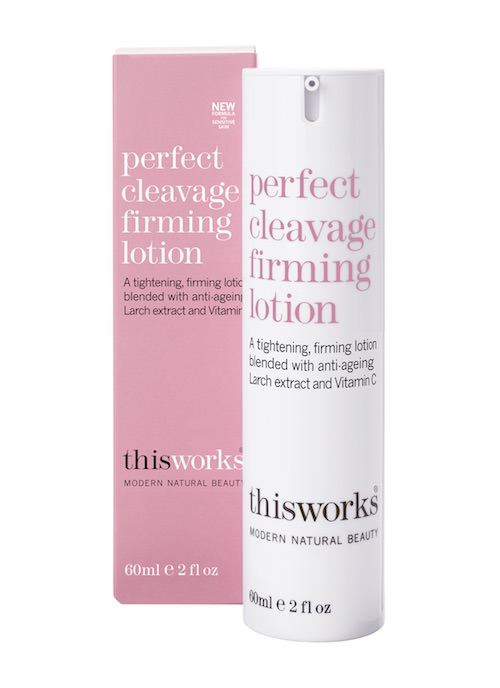The Angelina Jolie effect
When faced with an 87% chance of developing breast cancer, leading actress Angelina Jolie made the brave and understandable choice to undergo a preventative double mastectomy, thus reducing her likelihood of developing the disease to under 5%.
“The decision to have a mastectomy was not easy,” she wrote in My Medical Choice, a moving article published in the New York Times on 14 May 2013, “but it is one I am very happy that I made … Now I can tell my children that they don’t need to fear they will lose me to breast cancer.”
Concerned at her family history of breast and ovarian cancer, Jolie’s doctors had discovered the 38-year-old mother carried the ‘faulty’ cancer gene, BRCA1. Between February and April the actress underwent three separate surgeries including a double mastectomy and breast reconstruction using implants, before going public with her decision.
Following in the footsteps of X Factor judge, Sharon Osbourne, and singers Anastacia and Michelle Heaton, Jolie’s aim in writing the article was to spread the word about the life-changing option of having medical choices, like a double mastectomy. Specifically in her case, she wished to publicise the possibility of discovering if you carry BRCA1 or BRCA2 via a simple blood test – a test that may well have saved her life.
“I am writing about it now because I hope that other women can benefit from my experience,” she said. “I want to encourage every woman, especially if you have a family history of breast or ovarian cancer, to seek out the information and medical experts who can help you through this aspect of your life, and to make your own informed choices.”
This, however, is easier said than done. In the UK, the screening test for BRCA1 and BRCA2 mutation costs £1,500. This amount would be a mere drop in the ocean for a powerful Hollywood actress, but one of Jolie’s reasons for writing her article was to campaign for the many women who can’t afford the test, let alone its solution. “It has got to be a priority to ensure that more women can access gene testing and lifesaving preventive treatment, whatever their means and background, wherever they live,” she says.
Of course, in the UK we are fortunate not to have to pay for treatment, unlike our American sisters, but not all NHS hospitals are willing or able to offer the screening test because of the expense. Furthermore, the legacy Jolie’s article left behind encompasses not just the increased awareness intended, but has induced arguably unwarranted mass hysteria in this country. Just as reality TV star Jade Goody’s premature and very public death from cervical cancer led to a 12% rise in requested smear tests, since May, tests for the rare gene mutation (which affects less than 1% of women) have risen 67% and double mastectomies have increased fourfold.
Controversially, this ‘copycat effect’ has lead to criticism that doctors are ‘over-treating’ the issue, and that the surge in treatment is an unnecessary waste of NHS resources in many cases. Disturbingly, reports have also emerged that women may be lying about their family history or symptoms just so that they can have the test.
If you are concerned that you might be at risk due to your genetic history, speak to your GP, who will be able to advise you further. The genetic test for BRCA1 and BRCA2 is only offered to women whose personal or family health history suggests a greater than average likelihood of a mutation. It is not to be undertaken lightly and should involve counselling, likewise preventative surgery.
Latest Cream Review
Browse Categories
Most popular
Dr. Organic Moroccan Argan Oil Breast Firming Cream Review
Dr. Ceuticals Bust Boost Review
UK beaches uncovered: The topless top five
Palmer’s Cocoa Butter Bust Cream Review
The politics of breasts: Know your rights
Strapless, backless or plunging – bra solutions for every dress dilemma
Nutrition and lifestyle for breast cancer prevention


